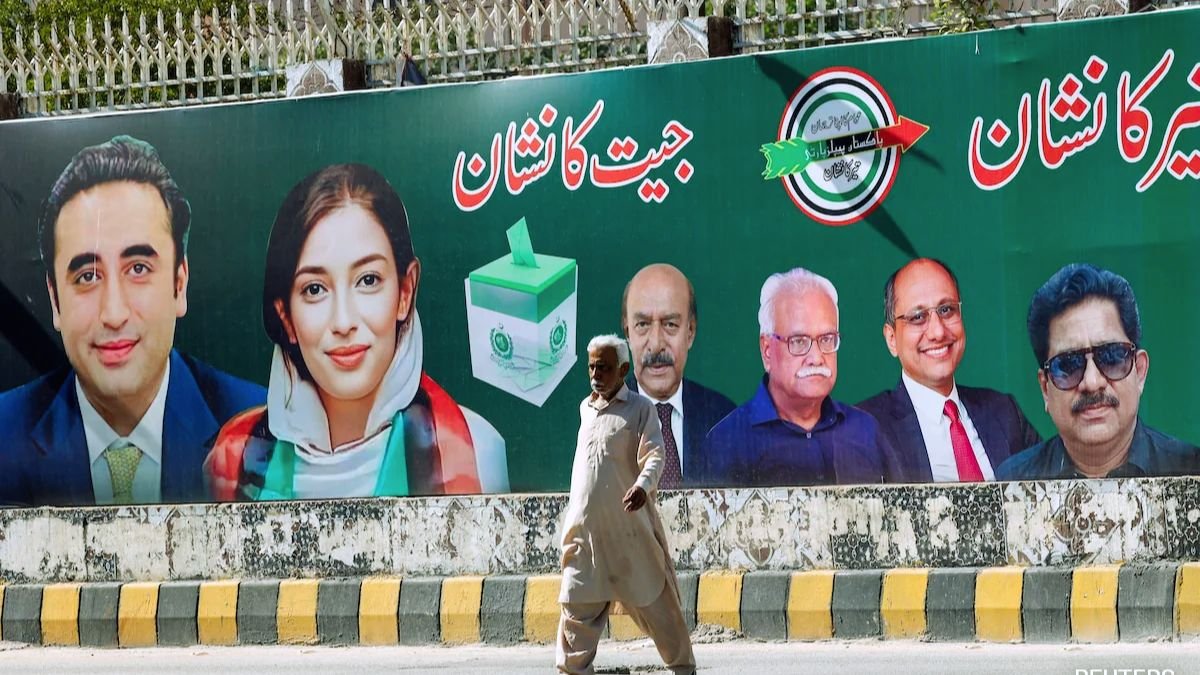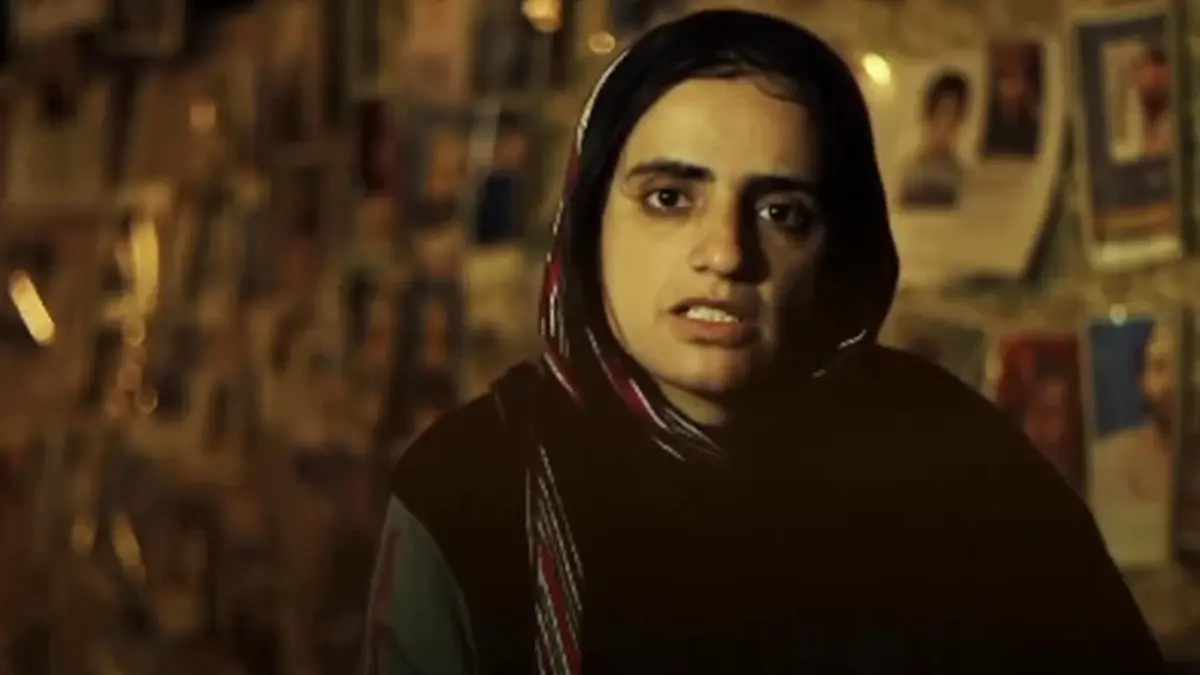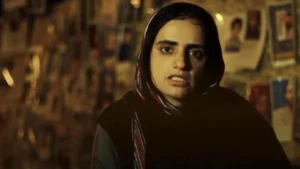In a significant development, the Mizoram Election Commission (EC) has acceded to the demand from Christians in the state to postpone vote counting originally scheduled for Sunday, December 3. Mizoram, known for its predominantly Christian population, welcomed the decision, led by the Mizoram Kohram Hruaitu Committee and supported by various political parties, church bodies, and civil society organizations.

Mizoram, with a majority Christian population, expressed gratitude for the EC’s decision to reschedule vote counting from Sunday to Monday. The demand originated from a coalition of stakeholders, including political parties, church bodies, and civil society organizations. Spearheading the demand, the Mizoram Kohram Hruaitu Committee emphasized the sacredness of Sunday as a day exclusively dedicated to prayers.
The Assembly elections in Mizoram took place on November 7, with subsequent appeals from multiple organizations urging the EC to defer vote counting from Sunday. Over the past weeks, these appeals gained momentum, culminating in the EC’s decision.
Public sentiments in Mizoram had been on the rise, leading to a notable protest rally on December 1 in Aizawl. During the rally, a two-point resolution condemning the decision to hold counting on Sunday was passed, reflecting the unity of purpose among the protestors.
Sunday holds a special religious significance for Mizo Christians, as it is dedicated to worship. The EC’s acceptance of the demand has been hailed as a demonstration of sensitivity to the religious sentiments of the Christian-majority state.
Surprisingly, the demand did not attract criticism beyond the borders of Mizoram, despite being perceived by some as irrational. The article raises questions about the acceptance of such demands and explores potential repercussions, including the possibility of similar demands from other religious communities.
The article delves into hypothetical scenarios, pondering how analogous demands from different religious groups, such as Muslims or Hindus, might be received. It highlights a perceived double standard in accepting demands based on religious identity.
The situation in Mizoram serves as a reminder of perceived hypocrisy and challenges the consistency in responding to religious-based demands across diverse communities in India. It prompts reflection on the broader implications of accommodating such requests and the need for a more uniform approach in addressing religious sentiments in the electoral context.











